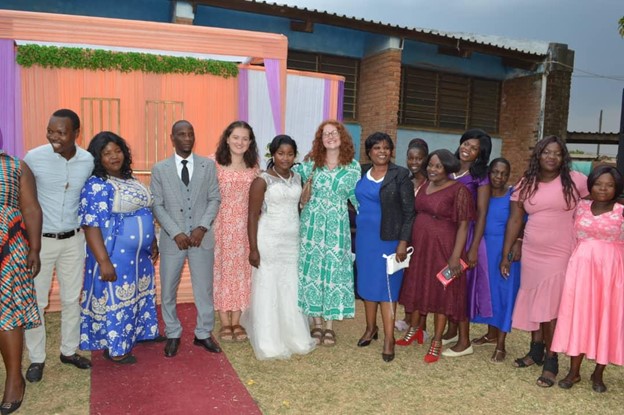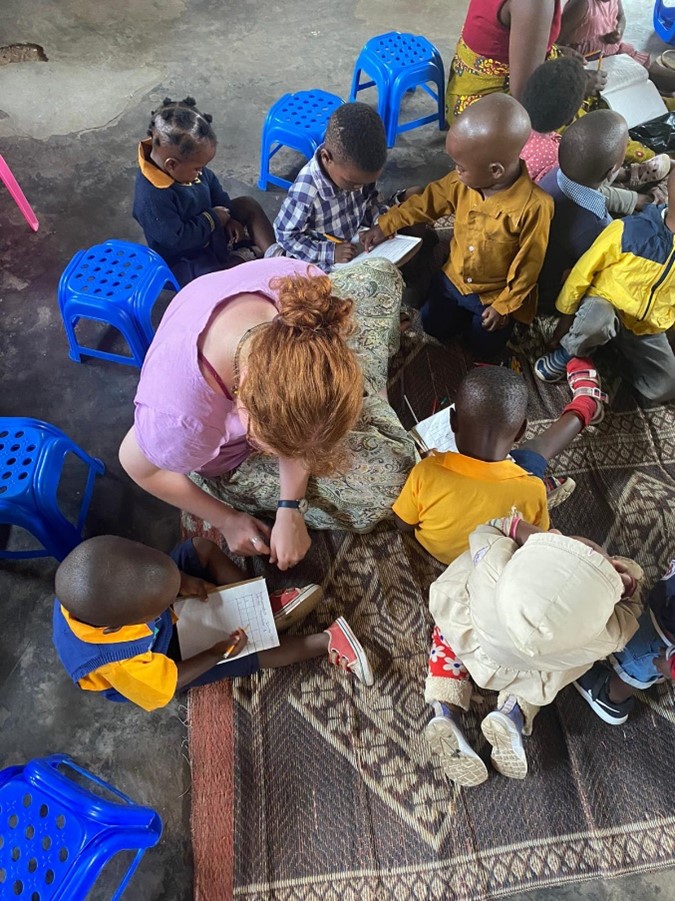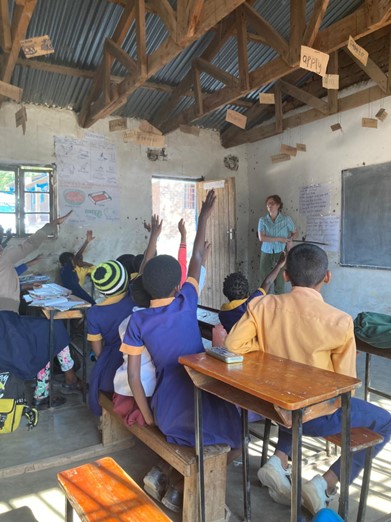Your basket is currently empty!
-
Why I Volunteer – Lizzie Beach

Lizzie Beach, 20, Malawi Volunteer 22/23
Manchester University HCRI student
I am volunteering at the Yamikani Foundation, a project based in Limbe, Blantyre. Here at Yamikani, we have 20 children living full time, with ages ranging from 6-18 years.
Our role in the house consists of helping with homework, running tutoring sessions twice a week to help the kids with subjects they find difficult at school, and organising ‘Sunday Funday’. More generally, me and my project partner, Molly, are here as older sister roles. We focus on the social development of the children, as well as improving their English and being available for emotional support.
In addition to our responsibilities at Yamikani, we teach at a local primary school in the mornings. There, I lead English and Maths lessons for Standards 1 and 4, as well as teaching the odd session on Agriculture, Expressive Arts, or Life Skills. I also spend a few mornings in the nursery class (which has since been merged with the Reception class to create a very large, and very lively, bunch of learners).

I initially planned to complete my Project Trust placement back in 2020, but it was unfortunately cancelled due to the COVID-19 pandemic. Instead, I undefferred my place at university and have now taken a year out between my second and third year of studies.
My original motivation for choosing Project Trust as a gap year was the fact I was able to live within one community for the whole year. I wanted to fully immerse myself in the culture and be able to establish long term connections with the people and place. This motivation stayed true in my decision to make Project Trust my placement year. In addition to this, knowing that Project Trust sustainably and ethically source their placements, in which they only send volunteers for 8 or 12 months, was a huge factor in my decision.
The volunteering aspect of Project Trust was another factor for why I chose it over other placement year options. For me, volunteering is something everyone should do. Understanding the importance of giving time and energy into a role, where there is no monetary profit, makes you value all the other experiences you gain. The soft skills and personal growth that I have developed so far in my placement, are far more valuable and worthwhile than any kind of pay check.

I am just about to hit the 3 month mark of my time here in Malawi, and being only a quarter of the way through, I have already learnt so much. So far i have gained and developed skills in communication, problem solving, adaptability and resourcefulness, to name but a few. Making a big effort to learn the Chichewa language, which has gone pretty well, and the positive response I get from people in the community motivates me to learn even more. By the end of the year, my goal is to be able to hold a long conversation with the Aunties here at Yamikani (one that does not center around asking for charcoal or turning the garden tap on).
After my year in Malawi, I am heading back to Manchester to complete my 3rd and final year of my degree where I study International Disaster Management and Humanitarian Response. After graduation, I have extremely broad plans to pursue a career in either disaster risk reduction, or conflict analysis and peace building. I know for certain, however, that my career and life will be based within the continent of Africa, with this time in Malawi only cementing this idea further.
My placement here has given me the opportunity to create a number of contacts in the Malawian humanitarian aid sector, ones I hope to utilise in both the remainder of my time here, and my future career. It has also allowed me to develop my understanding of local issues, providing inspiration for both my dissertation topic when I return to university, and for my future work. One such issue is the scale of the informal sector here in Malawi, and unemployment rates. Throughout my time here, I want to learn more about these issues, and how the informal sector can be better protected in times of crises and disaster.
As I mentioned before, I chose a Project Trust placement because of the opportunity it gives to immerse yourself in the community for a whole year. This is something I have strived to do and will continue to develop throughout my time here. The friends I have made through being out in town, frequenting the market and local shops, and through our teaching roles at school, have truly proved the saying that Malawi is the ‘Warm Heart of Africa’. Everyone I have met is so friendly, constantly telling me, ‘takulandilani (you are welcome in Chichewa) and that I should ‘be free’ here in Malawi.
The biggest show of community that I have experienced so far was when we were invited to the wedding of one of the nursery teachers at school. In Malawian weddings, there is of course lots of music and dancing, as well as an MC who calls forward different groups of people to throw money at the bride and groom. Me and Molly were part of the group of teachers from our school, and were welcomed with such enthusiasm from everyone there.

I think one of the most important ways to integrate yourself into the community is to understand the hardships and struggles in which people go through. Here in Malawi, access to clean running water is not universal, and with no running water at our project, we have but a small taste of some of these issues.
I would say appreciation of water has been my biggest learning curve so far on my placement. Understanding the chore of drawing water from the well, while at the same time knowing it is also a big privilege to have such a water source, has changed my approach to water usage. My water habits and the appreciation I have for a running tap is something that will carry on past my time here in Malawi.
For anyone determined to become a driver for social change, but doesn’t know where to start, I’d say what stands out most to me is the effort and importance of understanding issues on a community level. Educating yourself by speaking to people involved and learning from their experiences and those of your own, is so important. It is also important to understand your own privilege, recognising how this may skew your approach and how to use it as a tool for positive change.
Finally, I would advocate self-reflection. Considering your past actions, and understanding how they can be better suited for social change is a key way to enacting such change. Here on my Project Trust placement, I am constantly reflecting on how I can better utilise my time here to ensure I have a positive impact on both the people and place.
